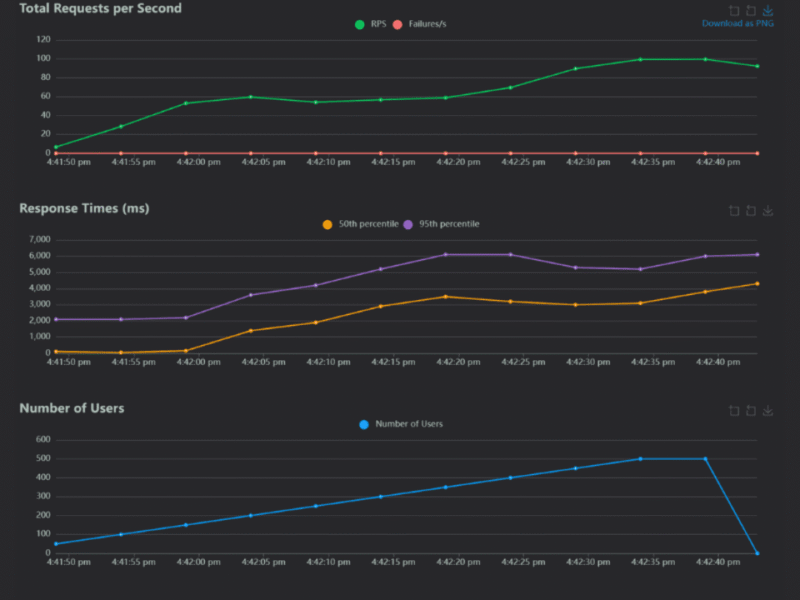Calculators have become essential tools in education, finance, and everyday problem-solving. From simple arithmetic to complex mathematical modeling, these devices have evolved remarkably over the years. Understanding calculators can help users choose the right type for their specific needs and appreciate the technology behind these handy gadgets.
What is a calculator?
A calculator is an electronic or mechanical device designed to perform arithmetic operations on numbers. It efficiently handles basic functions—such as addition, subtraction, multiplication, and division—while some models also encompass advanced mathematical capabilities.
Types of calculators
There are several types of calculators, each tailored for specific purposes. Understanding the various categories can help users select the most suitable device for their needs.
Basic calculators
Basic calculators, often referred to as four-function calculators, perform simple arithmetic calculations.
- Functions performed: Addition, subtraction, multiplication, division, and percentage.
- Design and use: Compact, portable, and usually priced around $5 or less.
Scientific calculators
Scientific calculators are designed for more complex mathematical calculations, making them ideal for students and professionals in scientific fields.
- Advanced functions: Trigonometric calculations, logarithms, and exponential functions.
- Display features: Larger screens to view complex equations easily.
Graphing calculators
Graphing calculators are invaluable tools for visualizing mathematical equations, especially in advanced mathematics courses.
- Usage context: Essential for subjects like calculus and statistics.
- Graphing capabilities: Ability to graph functions while performing calculations simultaneously.
Financial calculators
Financial calculators cater to professionals and students dealing with financial mathematics. They often include specialized functions for financial analysis.
- Important metrics: Present value, future value, and rate of return calculations.
- Target audience: Finance students and professionals requiring precise computations.
The evolution of calculators
The progression of calculators reflects significant technological advancements that have transformed the way we perform calculations.
Historical context
The journey of calculators began with early tools like the abacus and slide rule, which set the groundwork for future innovations.
- Early tools: The abacus allowed for basic counting, while the slide rule facilitated complex calculations.
- Slide rule features: It used a sliding slat to perform arithmetic operations without power, though mastering it was challenging.
The rise of electronic calculators
The shift from mechanical calculators to electronic models marked a turning point in computational technology.
- Features of modern calculators: Capable of handling intricate functions with battery-powered computation.
- Digital applications: Virtual calculators have become prevalent on smartphones and computers, making calculations accessible to all.
Modern computing as calculators
Today’s computers can be viewed as advanced calculators due to their powerful processing capabilities.
- Functionality beyond basics: They utilize binary numbers and extensive memory to perform a wide range of tasks.
Additional considerations
Some calculators serve specialized functions beyond conventional mathematics, providing unique solutions tailored to specific industries.
Specialized calculators
These calculators address specific tasks—offering tools to manage complex data and budgeting needs.
- Cloud cost calculators: Assist in financial analysis and budget management in cloud computing environments.
- Data center calculators: Help optimize budgets for data center operations, ensuring effective resource allocation.
Limitations of these tools
While specialized calculators are beneficial, they also come with constraints and challenges that users must navigate.
- Complexity: Specialized calculators might have steep learning curves and require specific knowledge to use effectively.
- Cost: Some advanced calculators can be expensive, making them less accessible for casual users.

